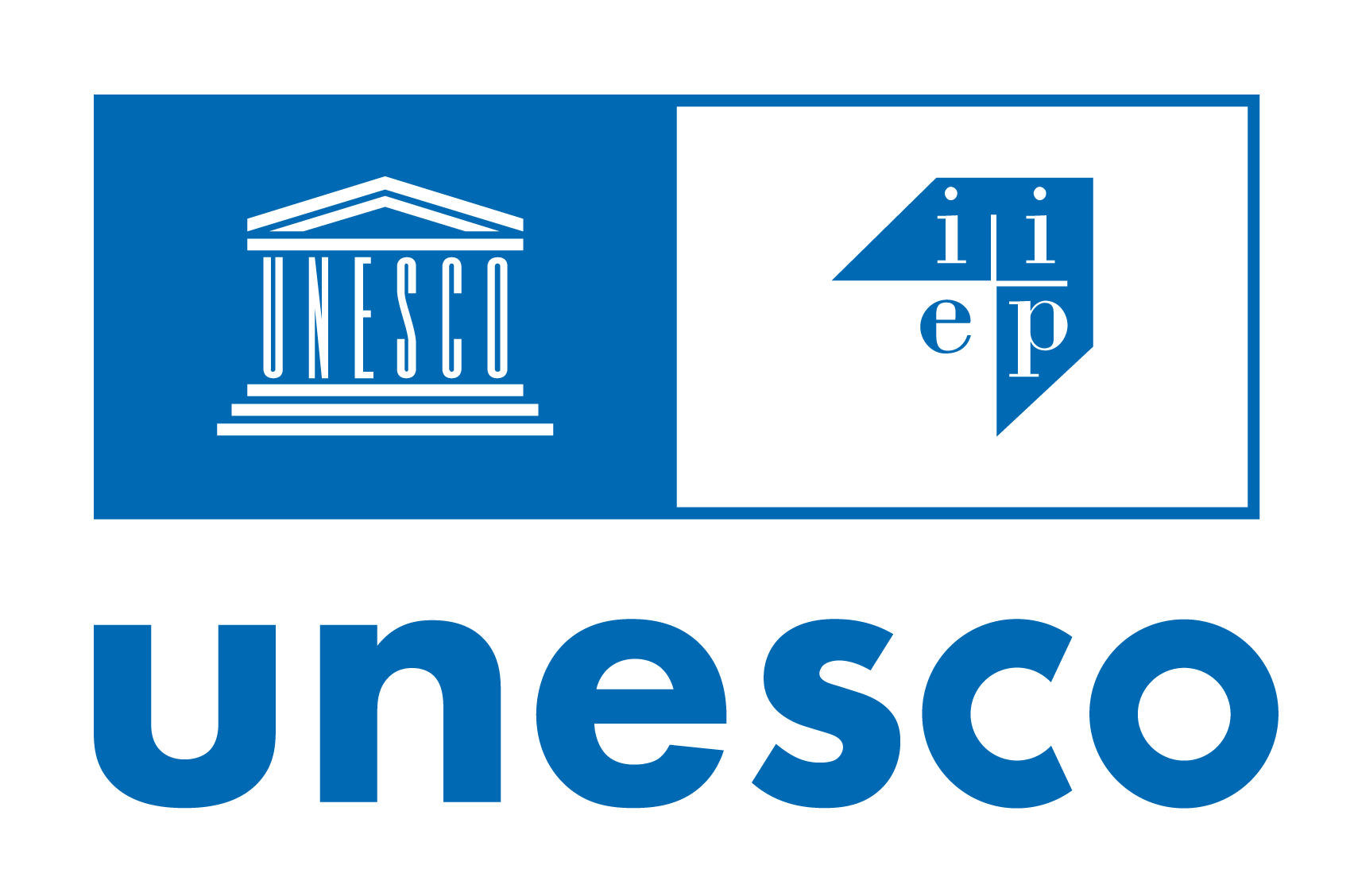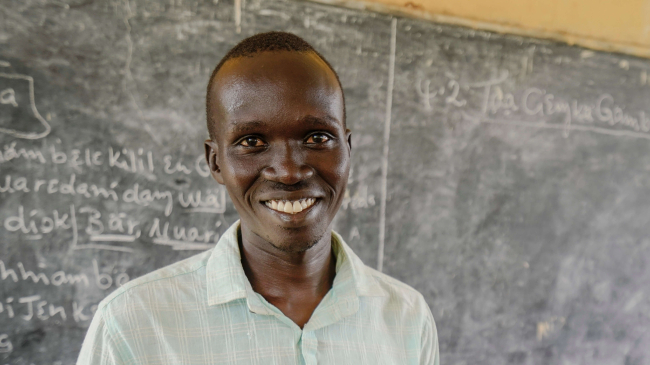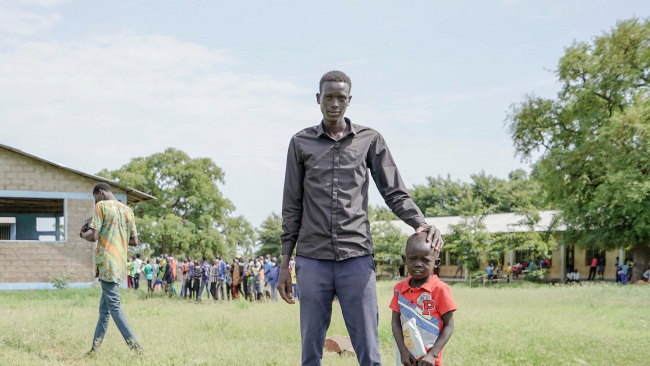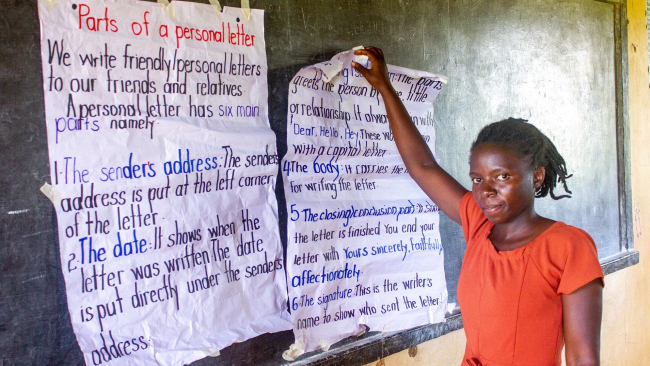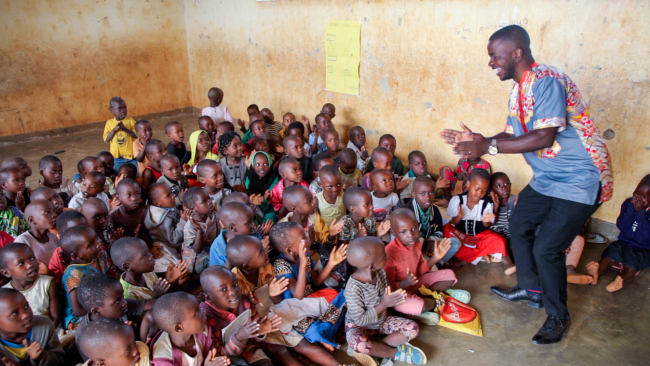Key messages:
▪ Integrating climate change adaptation into formal, non-formal, and informal education is crucial to create awareness and allow children and youth to enact change within their communities and the global environment.
▪ Climate change and environmental education is acknowledged and supported by international legal frameworks and processes such as the Rio Declaration, the Pacific Islands Framework for Action, the Paris Agreement, and the Sustainable Development Goals.
▪ Approaches to integrate climate change adaptation into all aspects of education include reorienting curriculums, disseminating relevant information, increasing opportunities for children to use practical adaptation measures and apply their knowledge and skills, promoting extra-curricular activities, developing school adaptation plans and green school policies, and providing climate change training to educators.
▪ In addition to scientific knowledge, learning programmes benefit from being integrated with interdisciplinary, cooperative, participatory, experiential, and place-based components to build skills, attitudes, and values of youth toward climate change.
Year
2020
Pages
7
Series
Policy brief
Resource Types
Languages
